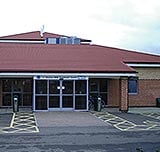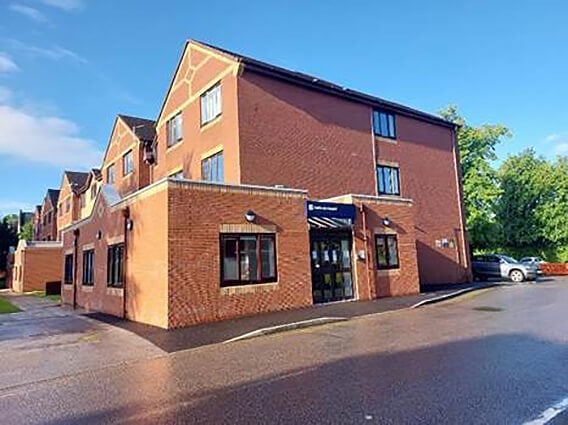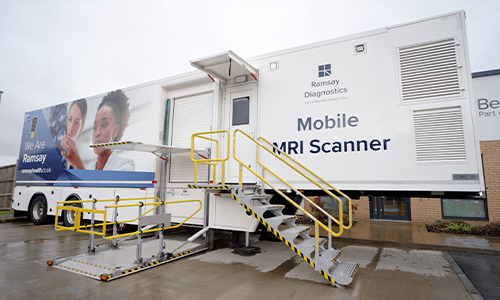The recovery process after a transbronchial biopsy is relatively quick and painless.
You can expect to be able to go back to work or your daily routine after 24 hours of your transbronchial biopsy. If you had a sedative, you should avoid driving, operating machinery, and drinking alcohol for 24 hours.
It is safe to eat and drink once your ability to cough, called the cough or gag reflex, has returned, typically within two hours.
You may have some throat discomfort and pain with swallowing for a few days.
It is not recommended that you fly for one month after having a transbronchial biopsy.
You will be advised of the findings of your transbronchial biopsy and your biopsy results once available. We will discuss with you any follow-up treatment you may need.








